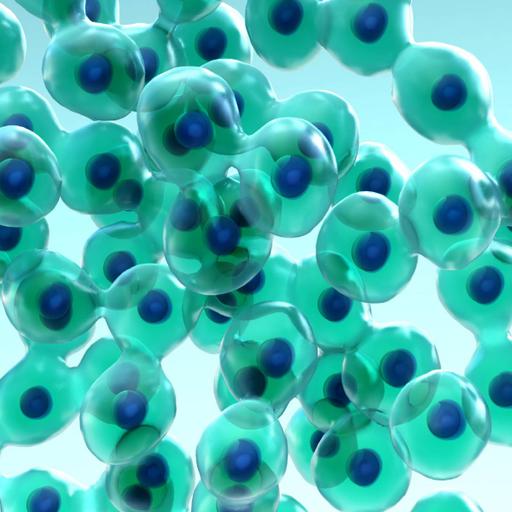Growth & Reproduction in Virus
Presentations | English
Viruses are small infectious agents that depend on living cells of other organisms for replication. They are composed of either RNA or DNA genome, which is surrounded by a virus-coded protein coat called capsid. A virus is a microscopic particle that can infect the cells of a biological organism. Viruses can only replicate themselves by infecting a host cell and therefore cannot reproduce on their own. Viruses manipulate host cells into building new viruses which means each virion is created in its fully-formed state, and will neither increase in size nor in complexity throughout its existence. A virus does nothing inside its protein coat; therefore it does not grow. But some scientists argue that a virus's growth occurs inside the host cell where parts of viruses are built during reproduction. The presentation will give in-depth knowledge on the topic.

12.50
Lumens
PPTX (50 Slides)
Growth & Reproduction in Virus
Presentations | English
